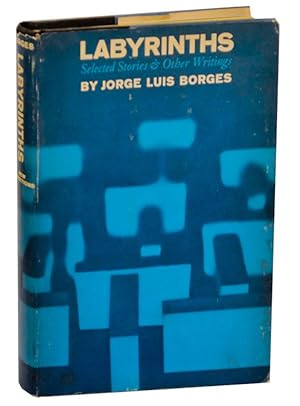


Andre Maurois writes, “Borges has read everything, and especially what nobody reads anymore: the Cabalists, the Alexandrine Greeks, medieval philosophers.” Borges was on quest to find perennial philosophy in all its most ancient and esoteric sources. His panentheism is seen most clearly in the influence of Hermeticism, Gnosticism, and Kabbalah in Borges’ work, joined together with his admiration for Spinoza’s pantheistic ‘God.’ We’ll explore both of these influences before seeing how Borges combined them in his most famous short story, “ The Aleph.” Every Flavor of Mysticism: Hermeticism, Gnosticism, and Kabbalahīorges was a voracious reader (and librarian by trade). In fact, the faith system evidenced in Borges’ writings is properly categorized as panentheism, inspired by the most ancient forms of occult mysticism and philosophy. Yet, as is so often the case in Borgesian literature, the seemingly original and esoteric truth turns out to be as ancient and ubiquitous as Western thought itself. This would have no doubt pleased the ever elusive Borges.

Each of these pairs is an apparent contradiction, an oxymoron, an enigma. However, closer investigation and contemporary scholarship suggest a tension within Borges’ work, a duality of “spiritual not religious,” of natural supernaturalism, of magical realism. Many readers of Borges have concluded that he was a pure skeptic, fascinated intellectually by the aesthetics of religion but spiritually faithless and atheistic. “Even if Borges were not the prime founder of Hispanic American literature (as he is),” Bloom writes, “even if his stories did not possess authentic aesthetic value (as they do), he would still be one of the canonical writers of the Chaotic Age because… he is the literary metaphysician of the age” (467). Harold Bloom dedicates an entire chapter of his The Western Canon to Borges and his brand of phantasmagorical and mystical short stories. If ever there was a man haunted by bad dreams it was the Argentine author Jorge Luis Borges, the Father of Latin American literature and of the genre of magical realism. O God! I could be bounded in a nutshell, and count myself a King of infinite space, were it not that I have bad dreams.


 0 kommentar(er)
0 kommentar(er)
